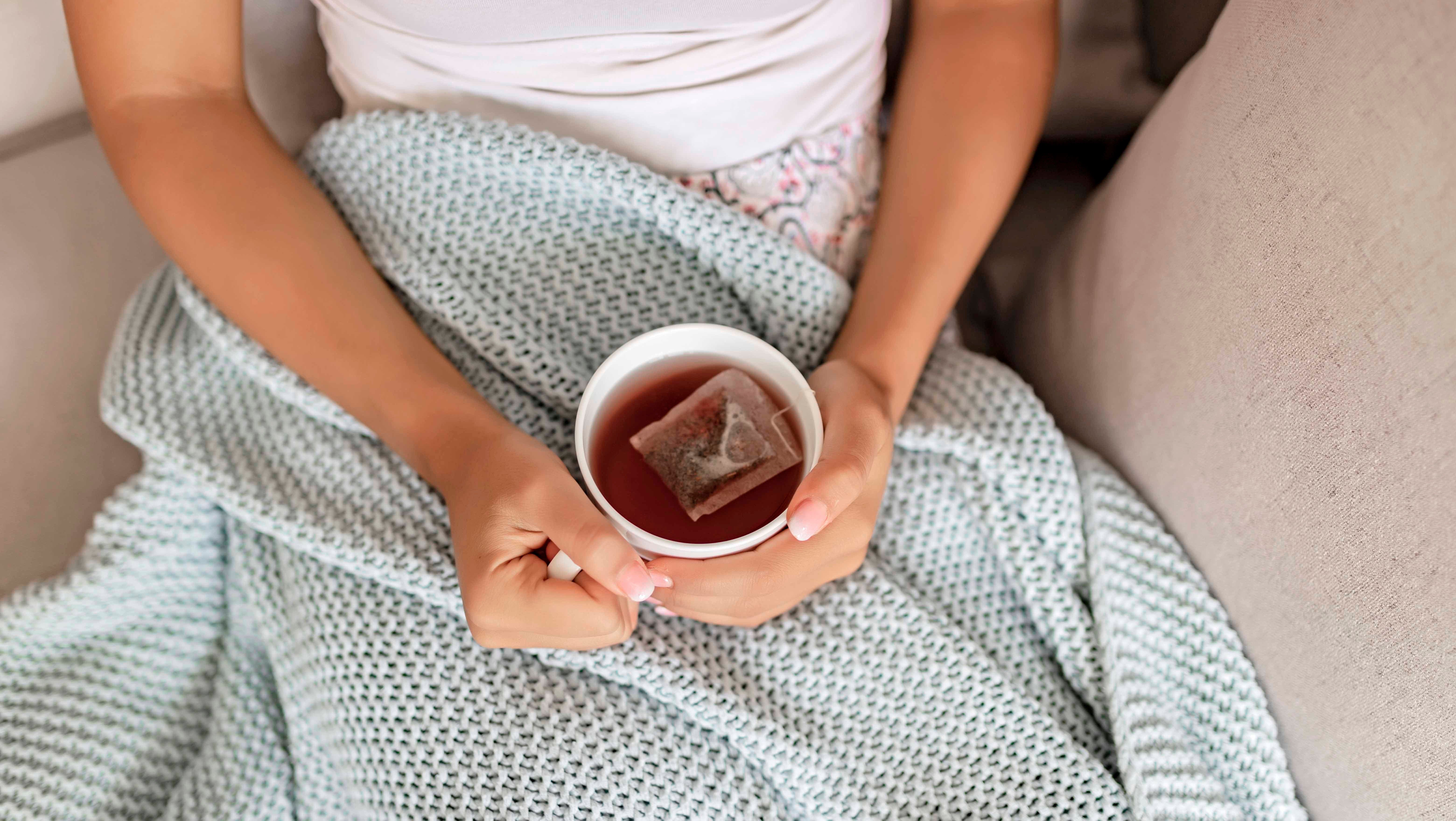

Flu season is upon us again and of course we’d all like to avoid getting sick if we can. Understanding why it’s easier to get sick in the winter – and how to prevent it – is key.
“Most people assume that sickness is more prevalent in the winter due to our close human contact and being stuffed indoors all the time. But the truth is rooted in the science of temperature and humidity differences of the winter air versus the summer air,” says Nicole Magryta, MBA, RDN, LDN, author of Nourish Your Tribe: Empowering Parents to Grow Strong, Smart, Successful Kids.
Citing research on flu transmission, Magryta goes on to explain that hot and humid conditions are less conducive to transmitting the influenza virus, while colder, less humid conditions are more conducive to transmission. So, the cold, dry air of wintertime is perfect for the flu to get around.
Prevention Tips
“Prevention is always the best medicine,” says Magryta. “To help reduce flu transmission, a good first step would be humidifying the ambient air in your home and place of work to 50 per cent. It is also imperative that you keep a robust immune system so that it is primed to attack a pathogen as soon as it enters your body.”
To create that robust immune system, she recommends these three tips:
- Get between seven and nine hours of quality sleep a night.
- Keep mental stress to a minimum with meditation, breathing techniques and/or a daily relaxation practice.
- Eat an anti-inflammatory diet.
Miriam Alexander, medical director of employee health and wellness at LifeBridge Health in Baltimore, adds another tip that might sound like old hat, but is incredibly important: handwashing.
“It may sound like the most boring answer, but washing your hands is still one of the best ways to prevent the flu, colds and other illnesses,” Alexander says. “However, it’s not just quickly putting some soap and water on your hands. You have to make sure you do an effective job washing your hands.”
She shares her tips for proper handwashing below:
- Use soap and running water whenever possible; hand sanitizers can be a backup. Don’t forget to get in between your fingers and under your fingernails.
- Lather up your hands and energetically rub them together for at least 20 seconds. Many people sing the Happy Birthday song twice.
- Dry them with a clean towel or paper towel. If you’re in a public bathroom, you can use that paper towel to open the bathroom door.
- Wash your hands whenever you are making meals, before and after eating, when you go to the bathroom or you are changing diapers, when you or someone around you is coughing, sneezing, has a fever or wounds etc., and whenever you pet animals.
If you do get sick…
Sometimes despite our best efforts, we will get sick. In that case, Magryta advises getting as much rest and sleep as possible and eating a healthy diet.
“First, I recommend eating foods rich in antioxidants. For example, foods rich in vitamin C like citrus fruits, bell peppers, kiwi, and broccoli; foods rich in vitamin E, like nuts and seeds, avocado and olives; and foods rich in vitamin A, like kale, carrots, eggs and red peppers, will help fight free radicals that damage immune cells.”
Second, Magryta recommends consuming bone broth “to help inhibit inflammatory cells and help thin nasal mucus.” And third, she suggests using raw garlic and ginger.
“These two powerful immune enhancers are big players in my sickness-fighting toolkit. When my loved ones are sick, I often give them small pieces of garlic bread made with homemade sourdough, raw chopped garlic, grass-fed butter and a sprinkle of Himalayan sea salt,” she says. And she gives them lemon ginger tea to wash that down as an extra boost to the immune system.
Another natural remedy Magryta likes is black elderberry.
“This dark nutritious berry has been used for centuries to treat colds and congestion and several studies in humans have shown that black elderberries can reduce the severity of influenza,” she says. “It’s best to consume elderberry as a concentrated syrup or as a tea.”
You can find her recipe for elderberry tea here.
